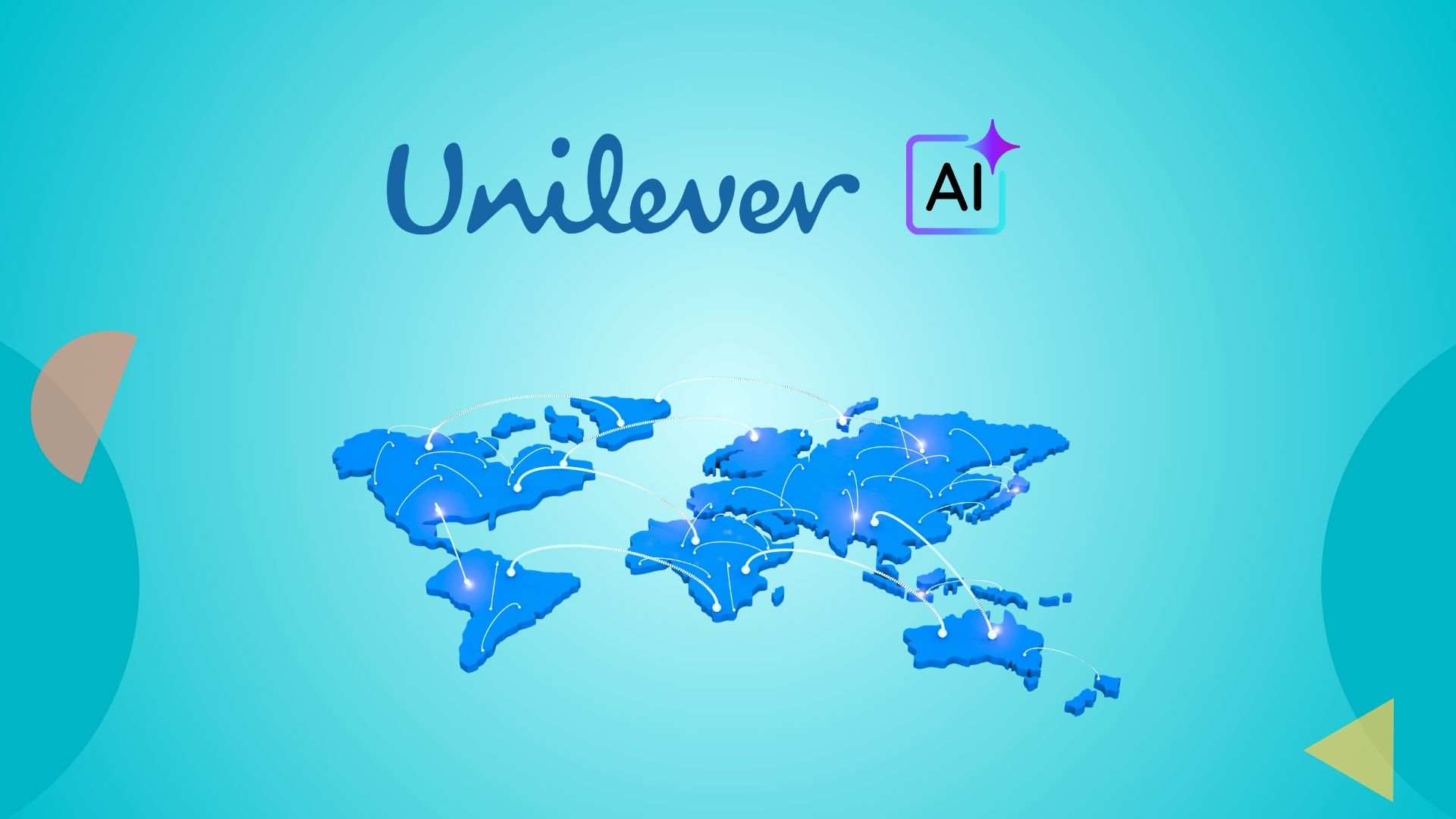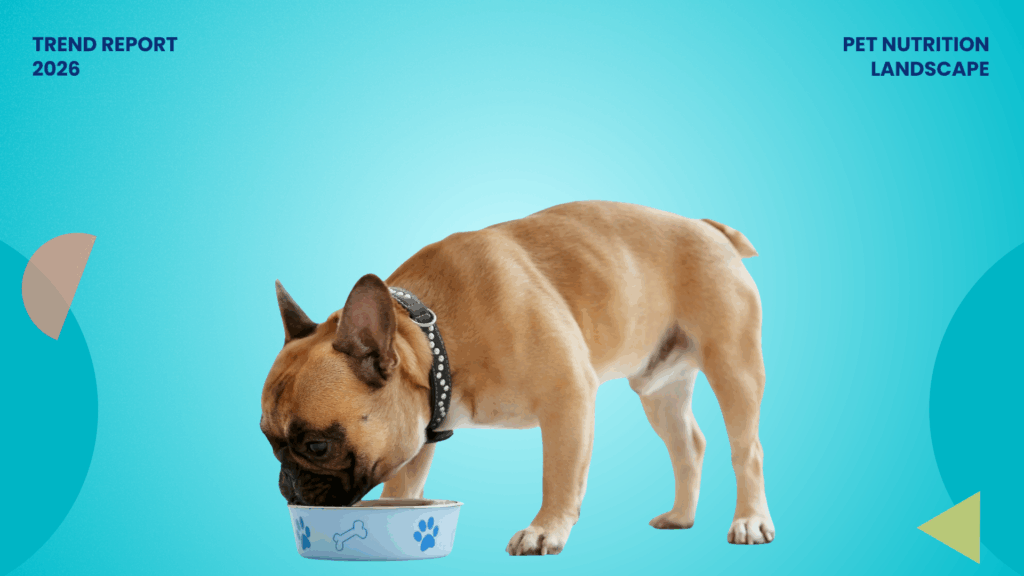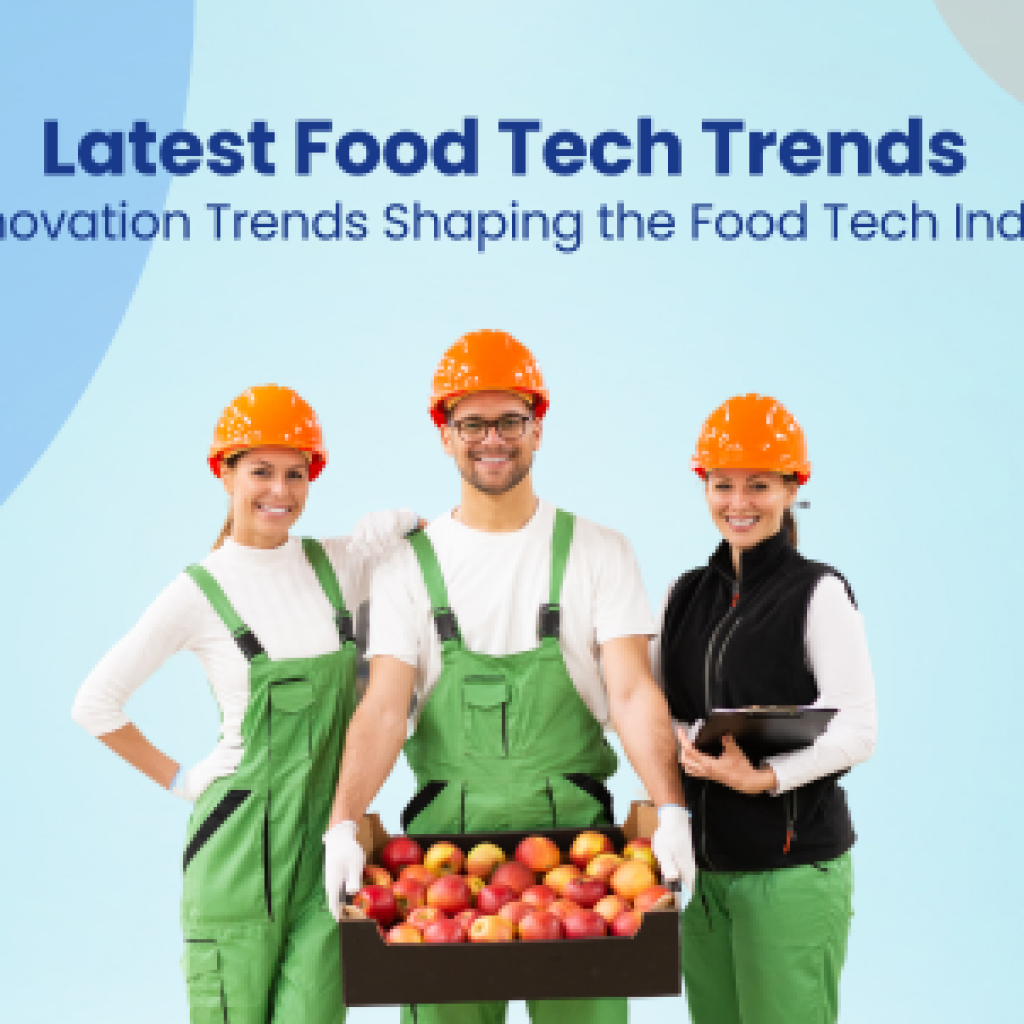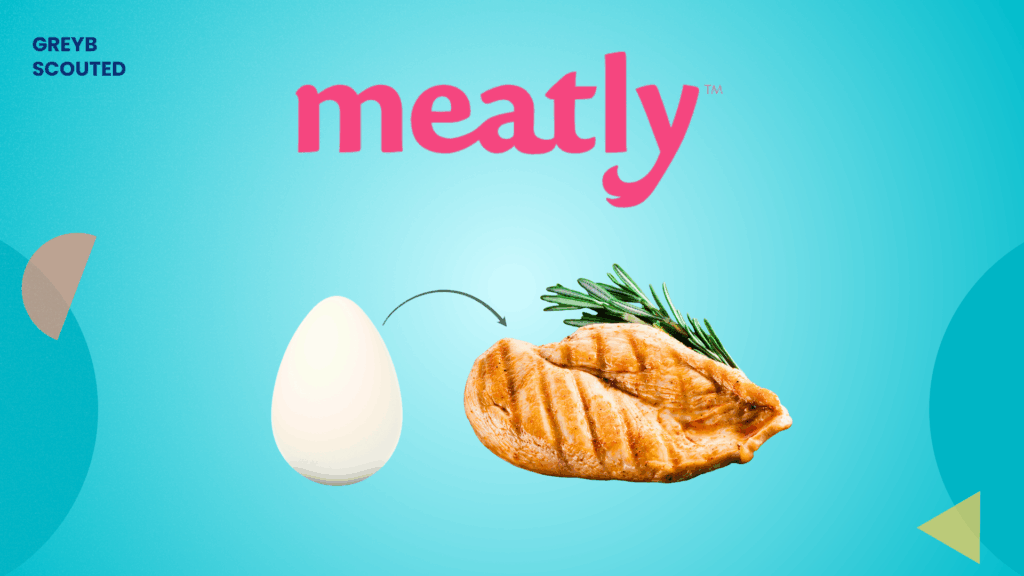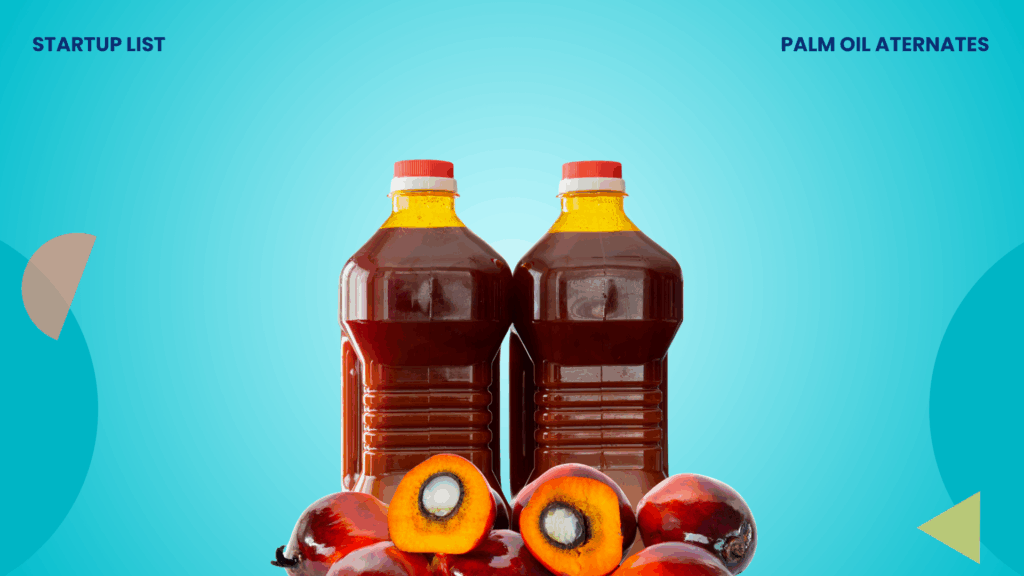With over 500 active AI projects globally, Unilever demonstrates that AI in food supply chains represents a fundamental business transformation rather than incremental improvement. It has made strategic investments of over $8 million through partnerships with institutions like Mitacs.
This AI-driven approach has delivered results such as sales increases through smart freezers in various markets, 98% on-shelf availability through collaborative planning systems, and $2.8 million in cost savings from digital twin implementations.

This study provides a brief overview of Unilever’s strategy to use AI to optimize its food supply chain.
Let’s start with the first supply chain node:
Discovery & Functionalization (Finding/Designing Ingredients)
Unilever’s journey to innovative products starts with AI-driven ingredient discovery. Instead of relying solely on traditional trial-and-error methods in the lab, Unilever is now employing AI platforms to screen potential candidates quickly and accurately, streamlining the discovery process.
AI helps Unilever discover new ingredients that have added functionality. AI tools analyze compounds to predict their ability to mimic the texture and functionality of meat, dairy, or other animal-based ingredients.
Unilever is collaborating with Microsoft’s supercomputing and AI services to support its digital R&D transformation and product innovation.
Microsoft’s managed DFT service, based on innovations developed by Microsoft Research, enables researchers to perform calculations substantially faster than other DFT codes and offers a 20-fold average increase in speed compared to PySCF, a widely used open-source DFT code.
“Digital tools are unlocking an unprecedented age of scientific discovery. Using advanced computing power and AI, we are able to compress decades of lab work into days, accessing a level of insight we could not previously have imagined. This technological leap, coupled with our vast repository of proprietary data and a century of expertise in personal and household care, means our scientists are able to lead the industry in developing the next generation of consumer goods.”
— Alberto Prado, Global Head of R&D Digital and Partnerships at Unilever
With Copilot and the advanced simulation capabilities of Azure Quantum Elements, Unilever can query scientific information using natural language, performing thousands of computational simulations in the time it would take to run tens of laboratory experiments. Unilever scientists can use the data gathered from these simulations to fine-tune models that screen tens of thousands of ingredients quickly or enable the exploration of intricate chemical reactions.
Revolutionizing Product Development
Unilever has transformed traditional product formulation through in-silico testing, where experiments are performed via computer simulation rather than physical laboratory work. This approach has proven particularly effective in developing complex formulations within the Knorr and Hellmann’s product ranges.
“This is only possible because of access to large-scale data, machine learning, and high-performance computing, making connections the human brain would never have been able to achieve,” explained Dr Samantha Samaras, global vice president, science & technology, beauty and personal care R&D at Unilever, at a media briefing in London.
Flavor masking and sensory simulation capabilities enabled the development of the Knorr Zero Salt Cube, where AI analyzed millions of flavor combinations to create a product with zero sodium while maintaining the taste, texture, and structure of traditional stock cubes.

The system identified optimal combinations of glucose syrup, shea butter, flavorings, onion powder, potato starch, herbs, and spices that would have been nearly impossible to discover through conventional recipe testing.
Ingredient compatibility with protein prediction supported the creation of Hellmann’s Vegan Mayonnaise, where AI models predicted taste, texture, and stability while replacing animal-based emulsifiers (eggs) with plant-based alternatives (modified corn starch). The system successfully predicted consumer liking and flavor profiles across multiple countries, enabling the optimal design without the need for extensive traditional product development trials.
Nutritional target matching ensures that AI-designed formulations meet specific dietary requirements while optimizing for taste, stability, and processability. This capability proved essential in developing products that score well across multiple dimensions, including consumer preference, profitability, sustainability, and nutritional value.
Stability & Distribution: Intelligence in Cold Chain Management
AI-Enhanced Demand Forecasting
Unilever has developed sophisticated AI-driven weather data analysis systems that significantly improve demand forecasting accuracy. In Sweden, this approach has led to a 10% improvement in forecast accuracy for ice cream products. The system analyzes complex variables, including historical sales data and real-time weather information, to optimize production schedules and distribution planning.
Shelf-life and stability forecasting applications use digital modeling and AI to predict product shelf life, enabling optimization strategies that reduce food waste and improve inventory management. These predictive capabilities help ensure products reach consumers in optimal condition while minimizing spoilage throughout the supply chain.
Smart Cold Chain Operations
Cold chain optimization for temperature-sensitive products is one of Unilever’s most visible AI success stories, achieved through its smart freezer initiative. The company has deployed AI-enabled image capture technology in over 100,000 of its 3 million freezer cabinets worldwide. These smart freezers provide real-time inventory data, identify stock levels, and automatically trigger replenishment orders.

Source: LinkedIn
The impact has been substantial: sales increases of 8% in Turkey, 12% in the US, and 30% in Denmark. The system processes approximately 75,000 orders daily across the supply chain, with real-time inventory insights preventing stockouts during peak demand periods.
Consumer Engagement & Personalization
Unilever uses AI to tailor product recommendations and marketing messages to individual consumers based on their preferences, health data, and dietary restrictions.
It uses IBM’s Watson to analyze large consumer datasets, providing personalized nutrition plans based on individual needs. This helps consumers choose products that align with their health goals.
This results in increased consumer loyalty by providing personalized and relevant product suggestions based on consumer data and relaying information tailored to personal understanding (one-to-one advertising).
Unilever’s use of AI is transforming how the company approaches innovation towards product development, from discovery and formulation to manufacturing, stability, and consumer engagement.
By incorporating AI at every stage of the supply chain, Unilever can create high-quality, sustainable, and personalized products more efficiently and at scale.
The integration of AI is driving operational efficiency, improving consumer satisfaction, and promoting sustainability, enabling Unilever to maintain its leadership position in the increasingly competitive market.
Collaborative Supply Chain Innovation
Unilever’s most sophisticated AI implementation involves its collaborative planning, forecasting, and replenishment (CPFR) model with Walmart Mexico. The “Sky” program, launched in 2022, represents a significant advancement in retailer-supplier collaboration through the integration of AI.
The system automatically ingests Walmart data by SKU, by store, and by day, accumulating up to five years of historical data. Unilever feeds promotional plans for 3-4 months into the system, and the algorithm generates more than 3.1 million forecast combinations daily. The neural network model makes 12.5 billion computations per day, triggering replenishment of 20 million cases of Unilever products across the country.
Results have been exceptional: 98% fill rates, 98% on-shelf availability, and 12% sales growth in less than one year while reducing inventory levels. The program, initially piloted with Unilever’s Nutrition Business Group (including Knorr and Hellmann’s), represents 30% of Unilever Mexico’s business and is expanding to other markets globally.
Success Metrics and ROI Across the Supply Chain
Quantified Business Impact
Unilever’s AI investments have generated measurable returns across multiple supply chain nodes. The smart freezer initiative alone demonstrates ROI through sales increases of 8-30% across various markets. With 100,000 AI-enabled freezers processing 75,000 daily orders, the system has transformed impulse purchase dynamics in the ice cream category.
Manufacturing optimization has delivered up to 10% savings on high-value raw materials, including cocoa and vanilla, through AI-driven process monitoring. The Brazilian facility’s digital twin generated $2.8 million in cost savings while improving productivity by 3%.
Improving content creation efficiency through digital twins has reduced costs by up to 87% for specific brands while doubling production speed. The technology enables content generation at scale while maintaining brand consistency across global markets.
Supply Chain Resilience and Sustainability
AI applications have enhanced Unilever’s supply chain resilience through improved visibility and predictive capabilities. Satellite monitoring and AI analysis provide early warning systems for deforestation risks, enabling proactive intervention to protect forest ecosystems connected to the supply chain.
The collaborative supply chain model, exemplified by retailers like Walmart, demonstrates how AI can facilitate seamless integration between traditionally separate operations. The system’s ability to process billions of computations daily enables real-time response to market changes while maintaining high service levels.
Future Outlook and Expansion Plans
Unilever’s AI strategy continues to evolve through the exploration of emerging technologies, including the integration of quantum computing for enhanced protein modeling capabilities. The company’s partnership ecosystem enables rapid adoption of breakthrough technologies as they mature.
Foundation models for food science represent a future opportunity, where AI systems explicitly trained on food and nutrition data could provide a comprehensive understanding of ingredient relationships, formulations, and consumer preferences. This approach could further accelerate innovation cycles and enable more sophisticated product optimization.
Unilever’s implementation of AI across the food supply chain demonstrates the successful transformation of traditional consumer goods operations into intelligent, data-driven systems. The company’s approach encompasses every node of the supply chain from discovery through consumer engagement, delivering measurable business value while advancing sustainability goals.
The success factors include strategic investments in dedicated AI infrastructure, comprehensive partnerships with technology leaders and academic institutions, and systematic deployment of proven solutions across global operations.
The company’s continued expansion of AI capabilities through partnerships with Google Cloud, Microsoft, and academic institutions positions it to maintain leadership in AI-driven consumer goods innovation.
As Unilever scales successful pilots globally and explores emerging technologies, it demonstrates that comprehensive AI integration across food supply chains represents a strategic competitive advantage rather than experimental technology deployment.
How Can We Help You?
We support industry-leading R&D and Innovation professionals through complex problems. Describe your challenge, and let us bring clarity and expertise.

